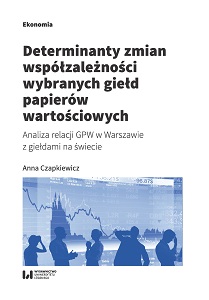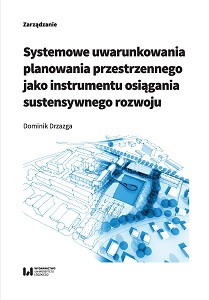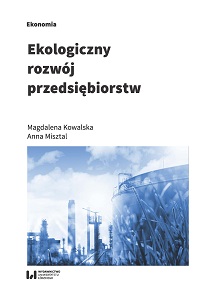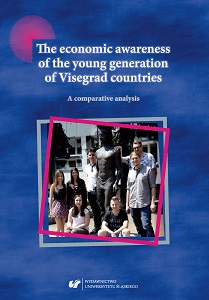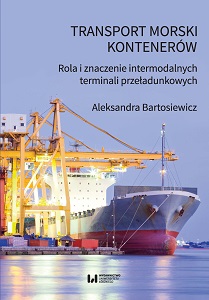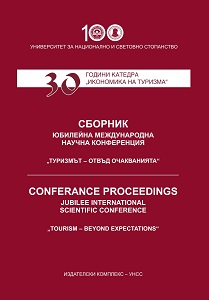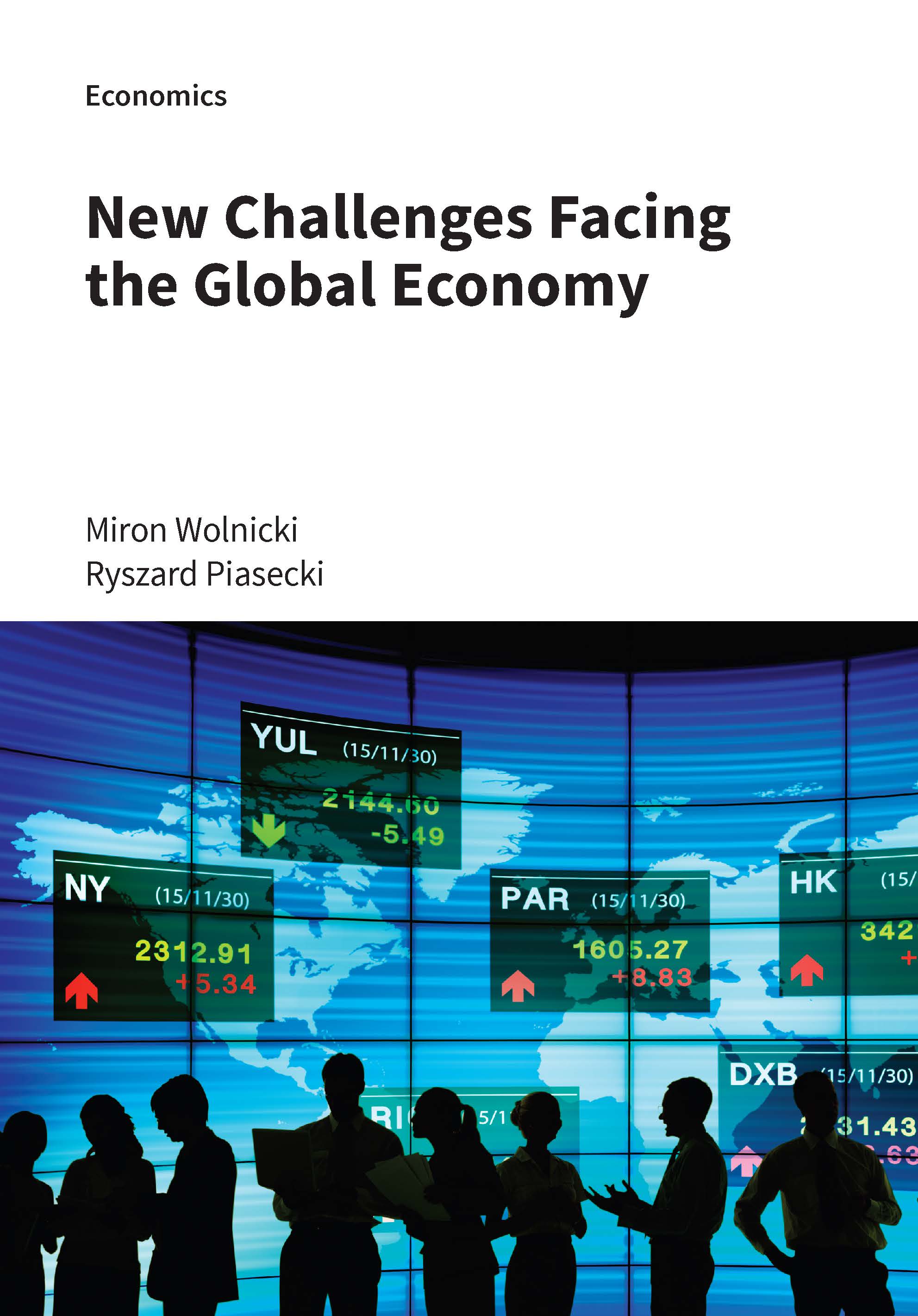Author(s): / Language(s): English
The fundamental questions on the interdependence of the economy and the economic awareness and the relationship between these two are not always easy. In general, they are formulated as if the two were separate systems that interact with each other. Some researchers treat each system as an independent variable and, depending on the views, explain economic phenomena by referencing both separately. Karl Marx regarded the economy as a factor influencing social awareness, whereas Max Weber regarded social awareness as an element influencing the economy. Who was right? It would be safest to say that there is an impact on both sides and that both human awareness affects the economy and the economy affects social awareness.The latter is part of a wider economic culture. The relationship between awareness and the economy is more often pointed out by sociologists than economists. This is primarily due to the fact that sociologists are the scholars more often involved in awareness and culture, i.e. the soft data. Economists in turn are trained in the use of quantitative data, which is not likely to awaken sensitivity to cultural data. The interests of both academic groups in terms of research concerning culture, including the awareness of economic societies, are revived when economic growth starts to accelerate in some countries or regions and the explanation for it is hard to conceive by turning to the known models. Only then does research on other factors, including cultural ones, begin to play an essential role.This issue was thus raised on the occasion of noting the economic success of countries of Southeast Asia, especially Japan, Thailand, and more recently China. Also, the rapid development of some regions of India (e.g. Bangalore) indicates a large share of cultural factors at work contributing to this success, including economic awareness. And finally, this problem is present in the analysis of the economic development of post-communist countries, whose development is irregular. These countries include the Visegrad countries – Poland, the Czech Republic, Slovakia and Hungary. Future economic development of each country and its prosperity depends on the economic awareness of the members of its society. The Visegrad Group countries are struggling with the long term effects of their communist past, but on the other hand, through their membership in the European Union they are under constant influence of the free market economy and democracy. These circumstances affect the consciousness of the young generation that will build the future economy of these countries.
More...


